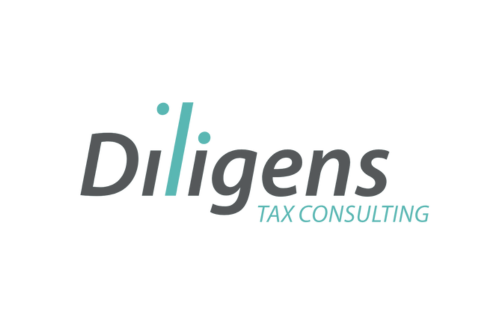
Changes in the settlement of deemed import VAT and new obligations regarding fiscal warehouses
On December 21st, 2024, a modification to the Spanish Value Added Tax Law was approved through the First Final Provision of Law 7/2024, dated December 20th. This change concerns transactions of deemed import VAT, due with the withdrawal of goods from a fiscal warehouse, and the person liable to settle the tax. This reform directly affects article 19, paragraph 5º, by introducing a new section referring to the cessation of cases where the exemptions provided in Article 23 of the VAT Act would apply, or the completion of the suspension regimes covered in Article 24 of the aforementioned Act. Specifically, these exemptions refer to temporary importations as well as customs and tax suspension regimes.
On the one hand, Article 86.Two.4º of the Spanish VAT Act, which provides for the person liable to the VAT in import operations, considers as the importer and, therefore, the VAT taxpayer for operations of deemed import VAT: "the purchasers or, where applicable, the owners, lessees, or charterers of the goods referred to in Article 19 of this Law."
In other words, the entrepreneur or professional who withdraw the goods from the fiscal warehouse regime is the one liable to settle the deemed import VAT. However, with the recent amendment, a new paragraph is added to paragraph 5º of Article 19, specifying that in the case of gasoline, diesel, and biofuels intended for use as fuel (according to headings 1.1, 1.2.1, 1.2.2, 1.3, 1.13, and 1.14 of the first tariff in Article 50.1 of Law 38/1992, of December 28, on Excise Duties), the termination of the fiscal warehouse regime will, in all cases, be deemed as carried out by the last depositor of the product extracted from the fiscal warehouse.
Thus, regarding this last depositor:
- • The corresponding excise duty on Hydrocarbon will be charged on to them.
- • It will be responsible for settling the VAT for deemed importation.
- • It will be required to guarantee the payment of the VAT corresponding to the subsequent supply, subject and non-exempt, of the goods withdrawn from the fiscal warehouse.
Additionally, if the holder of the fiscal warehouse is the owner of the product, it will assume the aforementioned obligations.
A new paragraph 5º is also added within paragraph 3 of Article 71 of the VAT Regulation, which establishes a monthly settlement period for holders of fiscal warehouses for gasoline, diesel, or biofuels included in the objective scope of the excise duty of Hydrocarbon and for entrepreneurs or professionals who extract the products from the fiscal warehouse.
Guarantee to be provided by the last depositor
The taxpayer (whether the last depositor or the fiscal warehouse holder if it is the product’s owner) must establish and maintain a guarantee to ensure the payment of the VAT due in the for subsequent supply of goods, which is subject and non-exempt. This guarantee must be provided according to the provisions of the eleventh section of the Spanish VAT Act Annex.
However, this guarantee will not be mandatory when the taxpayer is considered an Authorized Economic Operator or a “reliable” operator. In this regard, they will be classified as a reliable operator if they meet the following requirements:
- • Registration in the Extractors Register.
- • A volume of extractions of at least 1000 million litres in the previous calendar year.
- • Having operated as a wholesale operator for the past three years.
- • Meeting the financial solvency requirements of Article 39 of Regulation (EU) 952/2013 and Article 26 of Commission Implementing Regulation (EU) 2015/2447.
The guarantee may take the form of a credit institution, financial institution, or insurance company guarantee accredited in the EU, or an instalment payment of the VAT corresponding to the subsequent supply of goods.
So that, the last depositor, when extracting the products, must prove its status as an authorized or reliable operator or demonstrate that there is sufficient guarantee coverage. During the following month, the status of the last depositor or the adequacy of the guarantee will be verified, ensuring that no additional payment will be required for those who had previously provided the guarantee.

